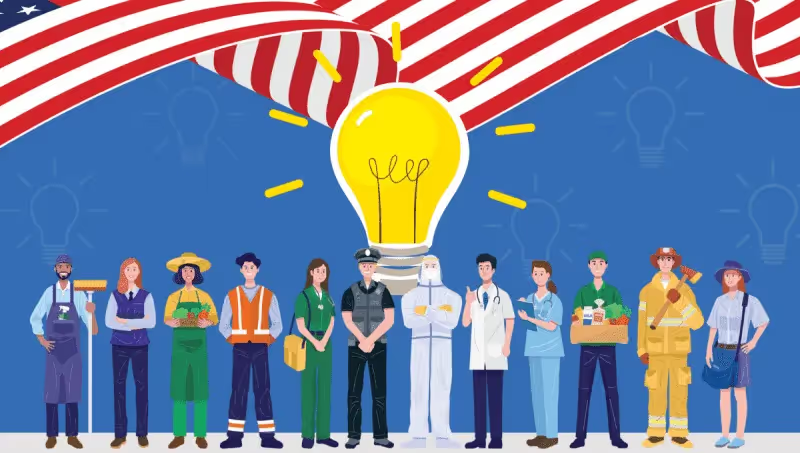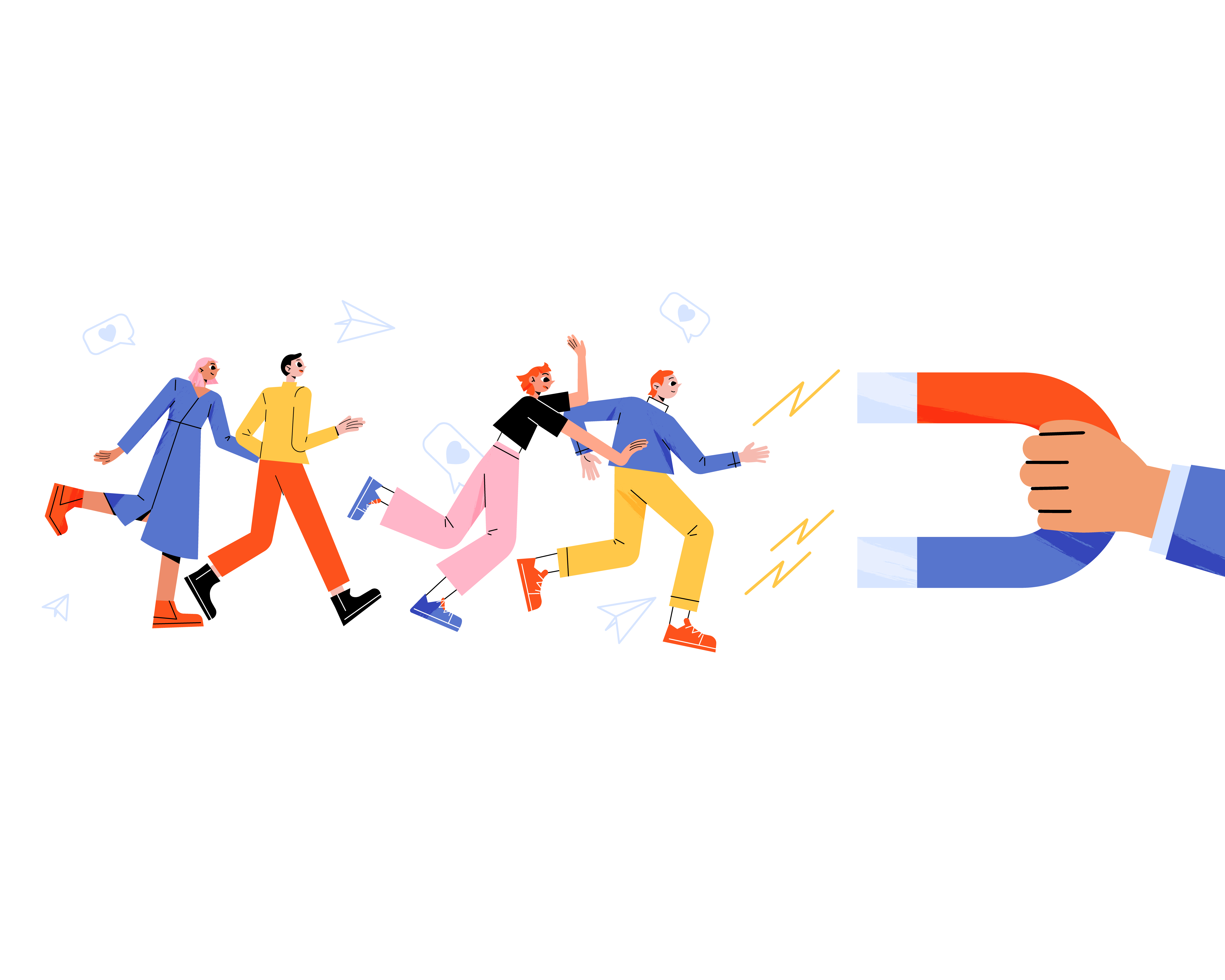As chief learning officer at the General Services Administration (GSA), where her office leads a cadre of 40 federal career coaches, Mary Portko knows the power of seeing someone have an “aha” moment. “It’s hands down the best feeling,” she said. With more than 12,000 GSA workers across the country, Portko, who is a coach herself, has seen plenty of those moments.
NLI sat down with Portko to discuss how coaching helps make GSA one of the most desired workplaces in the government. For almost a decade, Portko has witnessed how taking a deep dive into a person’s beliefs, thoughts, and values creates quality conversations that empower employees. In addition, coaching can serve as a secret weapon in talent retention. Below are edited excerpts from the interview.
How long has coaching been part of government culture, and how has it evolved over time?
When I began in 2015, there were opportunities to learn how to coach, but it wasn’t until 2018 that the Office of Personnel Management stated the importance of coaching in learning and development. More and more agencies jumped on board because they wanted to make coaching a part of government culture.
Coaching sends a message to employees that there’s a space where they’re not told what to do but can work within themselves to move forward. It empowers leaders and employees at all levels to tap into their creativity and become accountable for the change they want to see. When people see themselves within a mission, that can move mountains.
How does coaching government employees differ from coaching in the private sector?
Effective coaching is about focusing on a person and building that confidential, trusted relationship. Whether it’s executive or individual coaching, team coaching, or even situational coaching, the aim is to cultivate an environment of continuous learning. When we apply those fundamentals, we’re doing the same thing, whether it’s for the public or private sector.
However, I will say that coaching is an incredible benefit of the public sector because coaching is available to every level of federal employee in agencies that offer coaching services.
We offer new employees a program called GSA Immersion. It helps them acclimate. One of the comments we frequently receive is, “I can’t believe GSA has so much going for it in terms of learning, coaching, and mentoring.” When they see that upfront and know there are people who are interested in helping them succeed, that’s talent retention. What would be the impetus to go any place else?
What are some examples of problems encountered by government employees that coaches can help with?
Coaching runs the gamut from getting unstuck, achieving goals, using time wisely, assessing career growth, navigating change, and planning daily actions.
Let’s say an employee is feeling stuck. As a coach, I’m curious why they feel that way. What’s causing those thoughts? This curiosity allows for a deeper connection. A coach gets to know where an employee sits, and how they view the situation at hand. When the employee has a learning moment, they start to move forward.
Some employees enter into something where they’re just not as confident or they’re uncertain what to do or how to take that next step. A coach can put it all in perspective and open the doors of opportunity to grow, succeed, and keep moving forward.
Has coaching helped GSA with talent retention?
You’ve likely heard of the exit interview. I believe coaching is a “stay interview.” Letting employees know they can make a difference is also an important part of keeping talent.
It’s that investment in your people that makes them want to stay and, even better, makes them want to stay with you.
However, there are always going to be people who want to leave. This is not an unusual coaching conversation. What makes them want to leave? It involves peeling back the onion. Do they feel they can do what they want here? Where do they want to be? Some people may start out in the government, but realize it isn’t where they want to stay. They may want to pursue something completely different in the world, and coaching helps them make that decision. Coaching meets people where they’re at.
How can coaches help government officials navigate ethical challenges?
That’s an interesting question. I certainly don’t want to start with the premise that there are ethical challenges within the government, per se. But for those who come forward with a problem, we can tap into deeper thinking. Coaches can help employees walk through their own values and beliefs. In holding up a mirror for them, coaches support an individual to stay true. We can ask how one’s values and beliefs relate to a particular landscape or boundaries. This helps the government worker imagine potential outcomes. In this self-reflection, one’s values can be the start of a discussion that drives next steps.
The government sector often must deal with urgency, disruptions, and a lack of resources. How does coaching help create a balance between day-to-day needs and longer-term career growth conversations?
I love that question. Here’s a good example of perspective. Disruption usually comes with a negative connotation. Individuals can experience that amygdala hijack, that fight-or-flight response that keeps them static and stuck.
As a coach, I can sit with a person and simply ask, “How are you doing today?” And, right away, they respond, “Oh, you wouldn’t believe my day.” We can then take a deep breath and realize the sky isn’t falling. We’re going to get through this, and we’re going to do it together. So where do they want to go today? Disruption is common. It’s not unusual. I think how we see it and tackle it is the big difference between staying in one place and moving forward.
Coaching promotes insight. It fosters a growth mindset. People can adapt to change and develop resilience. I think that’s the reward. It’s a great experience to say, “I did this. I was presented with this, I tackled it, and here’s one of my results.” And the experience of learning how to move through any disruption can help with their long-term career.






.avif)

